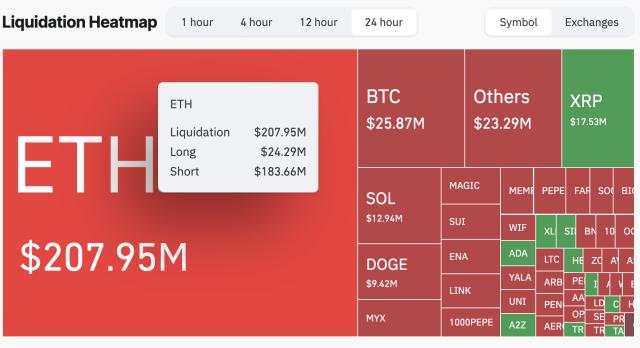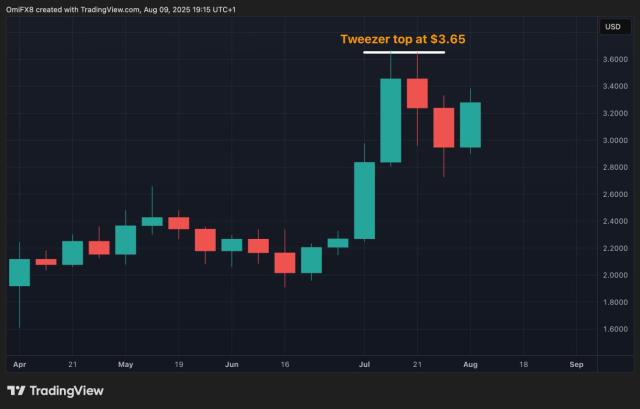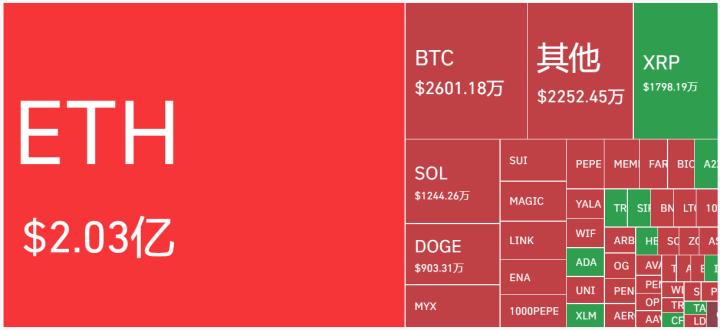According to the regulatory filing disclosed on August 8th Eastern Time, Harvard Management Company, under Harvard University, held $117 million worth of BlackRock iShares Bitcoin Trust (IBIT) spot Bit ETF, approximately 1.9 million shares, becoming the fifth-largest equity position for the university.
This investment amount is even slightly higher than the $114 million stake in Alphabet stocks, further highlighting that crypto assets have transitioned from "alternative" to mainstream.
Key Signals of Harvard's IBIT Purchase
According to reports from CoinTelegraph and CoinDesk on the 8th, IBIT has expanded its AUM to approximately $84 billion since being approved by the SEC in January 2024.
Harvard's $53.2 billion endowment fund choosing to include IBIT in its top five holdings represents that the university no longer views Bit as a speculative position, but as a long-term allocation alongside major tech stocks like Microsoft and Amazon. The document source is the 13F report submitted to the SEC, confirming the transaction's timing and scale.
Continuous Expansion of Institutional ETF Capital Inflow
Harvard is not an isolated case. Since 2024, Bit and Ethereum ETFs have continued to attract funds, reshaping the overall market structure:
- Bit ETF AUM totals over $146 billion, with IBIT leading.
- Ethereum ETF AUM is around $20 billion, creating a record of 20 consecutive days of net inflows in July.
- In July 2025, total crypto ETF inflows reached $12.8 billion, estimated to have absorbed over 1.2 million Bits from circulation since January 2024.
The ETF structure reduces institutional investors' barriers in private key custody, taxation, and compliance, while making capital flow a trackable market sentiment indicator. On the regulatory front, the SEC's "Project Crypto" and the GENIUS Stablecoin Act being advanced in Congress also lay the groundwork for ETFs of more asset classes. Once Altcoin ETFs open, market correlation and volatility might be rewritten again.








